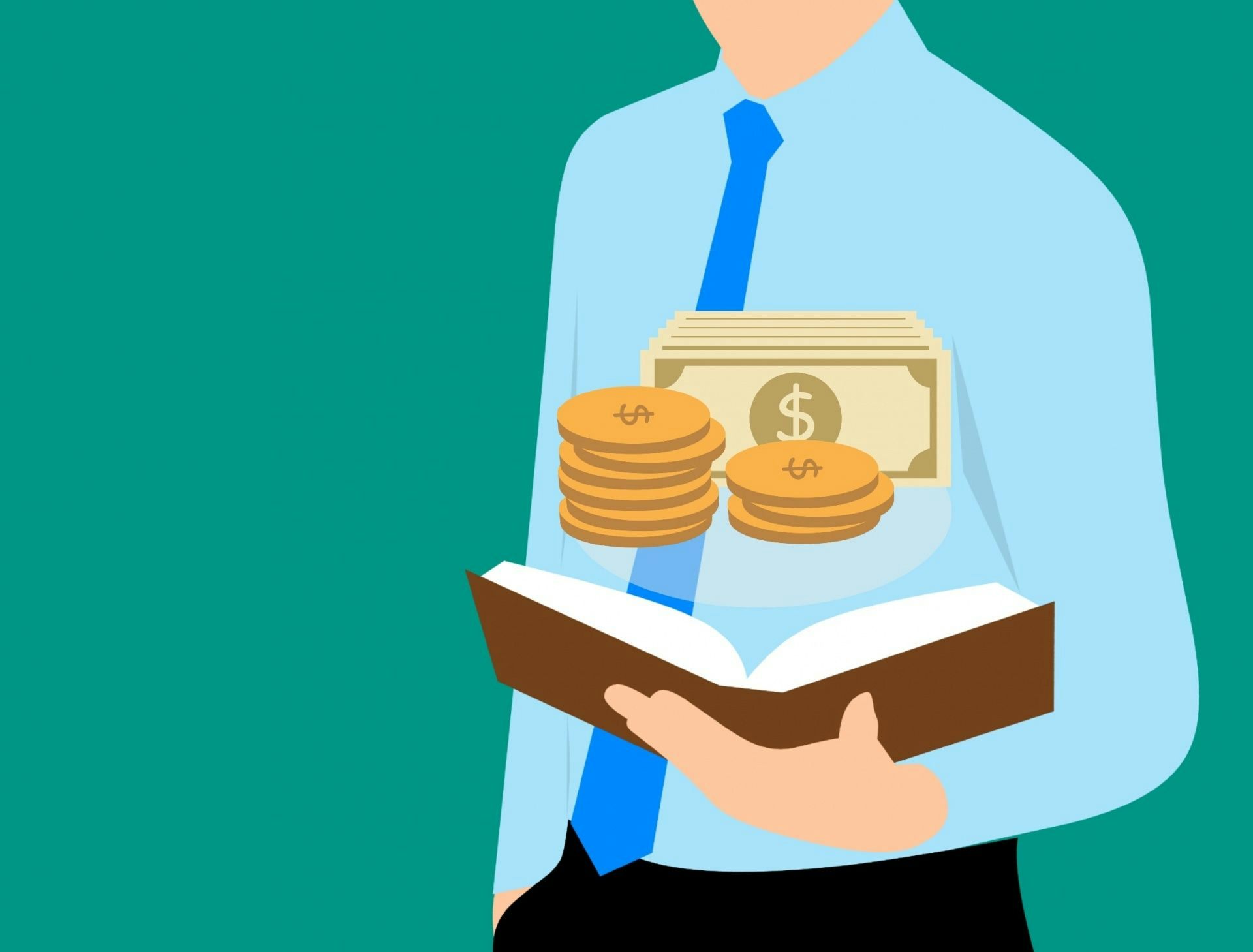Although the US economy has been struggling for months due to the coronavirus, it was not until Monday of this week that the National Bureau of Economic Research (NBER) officially declared that the United States is in a recession. So what does that mean, and how will it impact you? Let's dive in.
What is the Actual Definition of A Recession?
The definition used by the NBER of a recession is "A significant decline in economic activity spread across the economy, normally visible in production, employment, and other indicators. A recession begins when the economy reaches a peak of economic activity and ends when the economy reaches its trough."
In plain language, that means that in a recession, the economy declines, usually over a period of months or even years, from a high point to a low point and then the cycle begins again. The opposite, the period between the economy's lowest point and its peak, or highest point, is called "expansion".
The US economy has been in expansion for 128 months, since 2009, which is the longest period in US history since 1854. Now, the economy is contracting, rather than expanding, and has been since a peak in February. Usually a recession is declared after more than a few months of downturn, but the NBER has decided that due to the pandemic's deep and wide-ranging impacts on the economy that this period warrants designation as a recession, "even if it turns out to be shorter than earlier contractions."
So What Does That Mean For You?
So now we know what a recession is and that we are living in one. But what does that mean for you and your finances?
The important thing to remember is that this designation doesn't actually change what's already happening with the economy--it just gives it a name. Many people already are dealing with reduced wages or hours, furloughs, and other economic impacts and changes in income. The designation of recession doesn't change that or make it worse. That being said, there are ways to "recession proof" your finances and mitigate the impact you face from the economic downturn.
They include:
-Pay down debt and don't take on any more. This is not a good time to sign on for a new car loan, for example, if you can avoid it.
-Build up an emergency fund. You should be prepared for the possibility of losing your income during a recession, which is easier to manage if you have some funds built up.
-Network and side hustle. Even if you still have a job, now is a good time to invest in extra income streams and making the connections you might need in order to find a new job. You can get ideas for coronavirus-safe ways to make money from home here.
-Diversify your investments. We've all heard horror stories of people losing large amounts of money in recessions because they invested heavily in an industry that was hit hard. The best way to protect investments in a recession is to invest small amounts widely and don't rush to liquidate. You can learn more about investing during COVID-19 here.
Whether your're unemployed, working from home or back at work,we can all take steps to protect our finances moving forward. Check out all our financial content here!

